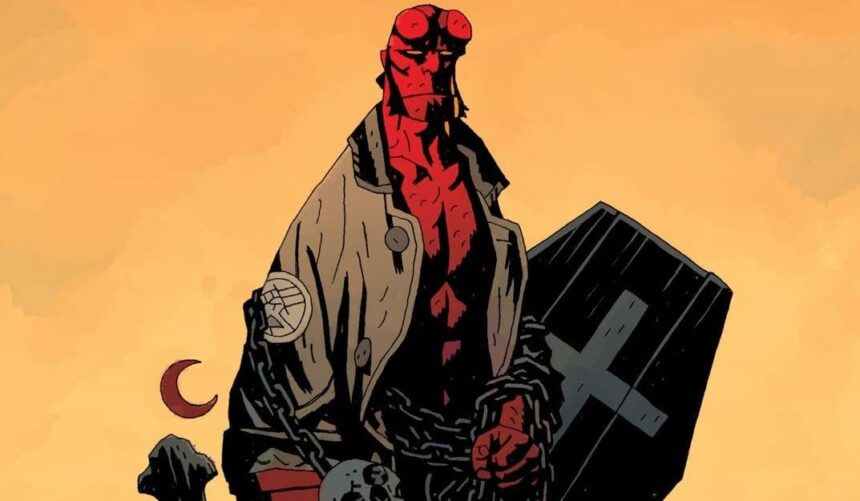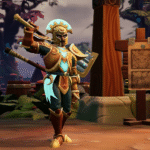Writer Darkish Horse Comics has acknowledged on X , “The Every thing App,” that it won’t settle for AI-generated content material from comedian e book authors, an unequivocal rejection of the more and more in style expertise that contrasts with different firms’ extra “wait and see” approaches.
Darkish Horse stated its assertion was in response to “what’s changing into a frequently-asked query,” and defined that its major concern was how generative AI impacts artists. “Darkish Horse Comics was initially based to determine a perfect publishing ambiance for inventive professionals, and maintains this give attention to supporting impartial creatives to today,” the assertion reads.
“As such, Darkish Horse doesn’t help using AI-generated materials within the works that we publish. Our contracts embody language stating that the creator agrees that the work won’t encompass any materials generated by pc Synthetic Intelligence packages. Darkish Horse is dedicated to supporting human inventive professionals with our enterprise.”
Along with any ideological dedication to serving to impartial artists, this place is smart for Darkish Horse strategically as effectively. Although in no way an alt or small operation, having printed Hellboy in addition to comics based mostly off The Witcher, Dragon Age, and Mass Impact, Darkish Horse does have a extra area of interest and plugged-in viewers than DC or Marvel. It is simple to think about the controversial use of AI instruments dogging the corporate. See additionally how Wizards of the Coast accepted AI-generated artwork from a freelancer for a Dungeons and Dragons sourcebook, and later used AI artwork in a Magic the Gathering promotion—each information cycles drew a variety of flak for the writer.
Darkish Horse’s assertion additionally rhymes with related information that got here out of Nintendo just lately: firm president Shuntaro Furukawa indicated on an investor name that the corporate wouldn’t be pursuing generative AI tech for its video games. Furukawa cited inventive and copyright issues as being behind the transfer, which makes a variety of sense given Nintendo’s notorious protection of its personal mental property.








